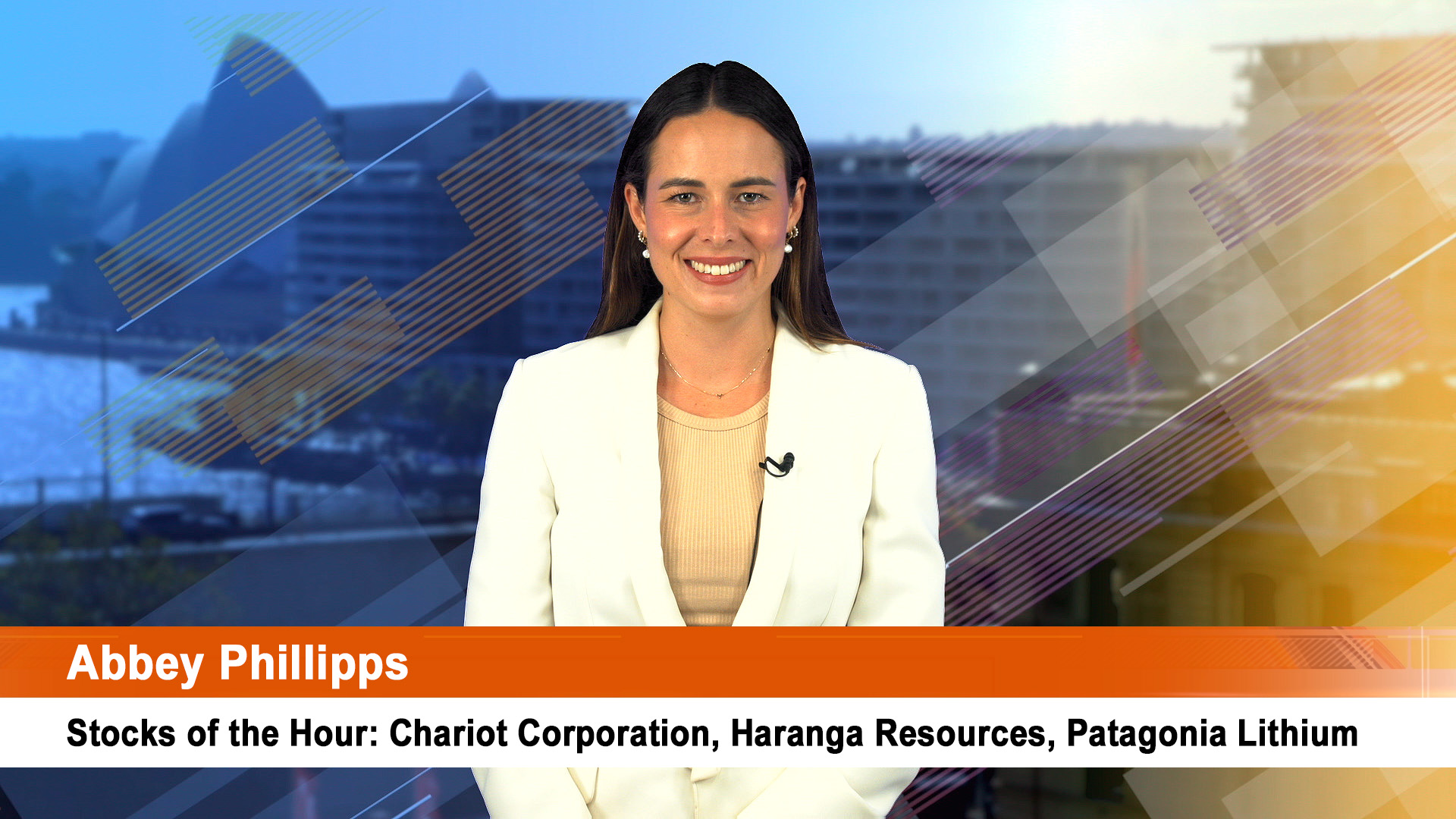
Goodish numbers from Telco rivals, Telstra and Optus yesterday.
Telstra reported net earnings up 10.3% to $4.07 billion in the 2009 financial year, compared with $3.69 billion in 2008, much better than the $3.8 billion median forecast from the market.
Telstra refined its guidance for 2010 earnings, as it now sees the need to prepare for an extended period of slow economic growth.
New chief executive David Thodey said yesterday that "Telstra faces significant challenges in the coming year, but we are well positioned to face those challenges."
Net profit for the year ended June 30 was $4.073 billion, up from $3.692 billion in the previous year.
Revenue grew by 2.7% to $25.507 billion, which was below its guidance range of 3%-4%.
Annual sales from mobile-phone services rose 10% to $6.1 billion, but fixed-line revenue fell 4.9% to $6.3 billion. Retail Internet sales increased 16% to $1.5 billion and data access rose 8.1% to $1.7 billion
Earnings before interest, tax, depreciation and amortisation (EBITDA) rose 5.1% to $10.948 billion, compared to guidance of 5%-6%..
Earnings before interest and tax (EBIT) increased 5.3% to $6.558 billion, against guidance of 3%-5%.
The final dividend was held at 14 cents a share, after a similar interim, making 28c for the full year.
The telco also scrapped its five-year targets for revenue and earnings growth, which were first issued in 2005 by former chief Sol Trujillo, saying it was no longer informative.
It is now forecasting 2010 sales revenue, EBITDA and EBIT per cent growth in the low single digits, and will continue to target the generation of $6 billion of free cash flow in the year.
"In these difficult economic times, our fiscal 2010 guidance will see the top line growing, complemented by bottom line growth," Telstra said.
All guidance excludes the impacts of an federal government regulatory review or national broadband network outcomes, the telco said.
Under The Trujillo plan, Telstra had forecast revenue growth of between 3%-4% in the current financial year.
Mr Thodey said Telstra expects the economy to grow slowly in the period ahead.
"On the economic front, we expect an extended period of slow growth, but we have an excellent pipeline of innovative products to excite customers and stimulate usage and improve productivity for businesses large and small," he said.
Mr Thodey said the company expects an "extended” period of slow gross domestic product (GDP) growth in Australia, as intense competition in the telecoms market continues.
"Our plan says that we will see modest growth in the second half of this fiscal year,” he said of the economic outlook. "However, it is one thing to talk about GDP growth, unemployment may take longer to recover.
"That’s what has driven our considered forecast for the guidance.”
"Competition remains intense, but we will continue to invest in networks and services that will differentiate our offerings and deliver value to our customers."
On the issue of the national broadband network (NBN), Mr Thodey said Telstra was "now engaging constructively" with the federal government, as well as the new NBN company.
"We are working to find the right way to deliver the objective of a world-class communications infrastructure for Australia, while protecting Telstra shareholders," he said.
Telstra was hit by a drop in fixed-line and mobile voice calls, and Mr Thodey said there was evidence of slowing customer growth in fixed broadband take-up.
Wireless broadband revenue grew by 69.2% to $587 million.
Customers are continuing to migrate to higher speed fixed broadband plans, the telco said, however there was a significant slow down in subscriber growth in fixed broadband over the year.
Telstra eased 5 cents, or 1.4%, to close at $3.56, underperforming the general market which rose 2.1%.
Investors were not in the mood to hear talk of accepting slower growth.
They have their rose tinted growth glasses on (the 2007 models). Talking of scaling back growth targets was not acceptable. Investors are losing sight of the realities of the Australian and global economies.
And Singapore-controlled Optus increased first quarter profit 13% per cent as it grew its mobile phone revenue with sales of the Apple iPhone and other smart phones.
Net profit rose to $139 million for the three months to June 30 compared with $122 million in the prior corresponding period.
Operating revenue rose 12 per cent to $2.2 billion and that helped Optus’s parent, Singapore Telecommunications to a 10% increase in net $S945 million ($785 million).
Optus said it added 213,000 new mobile and wireless broadband customers, with over half in the more profitable post-paid category, taking the total to just over eight million.
That growth was underpinned by wireless broadband, the iPhone 3G and Timeless plans.
That mirrored Telstra’ strong performance in its mobile business.
"Optus has had a strong start to the financial year, accelerating our momentum with significant customer acquisitions across the mobile, consumer and business divisions," Optus chief executive Paul O’Sullivan said in a statement yesterday
"Optus will keep investing in key growth areas as we continue protecting our strong scale position in mobile and winning high value customers."
Mobile phone revenue jumped 21% to $1.34 billion, although the division’s earnings margin declined to 25% from 30% the year before as the company offered cheaper plans for the iPhone and wire













